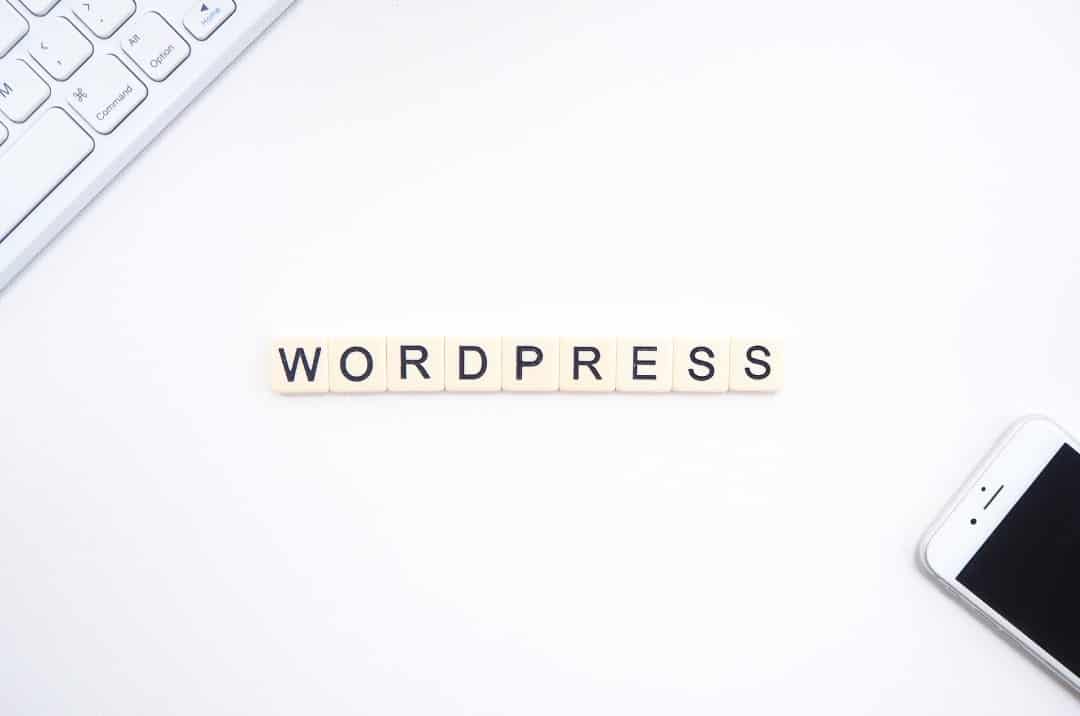
"I don't need more customers, I'm just fine as I am" said absolutely no small business owner ever. You love and believe in what you do, and that's why you want to keep growing your business to reach new customers and serve more people.
That's where marketing tactics come in. It can be hard to know the best steps to take to raise awareness about your product or service or to entice people to choose your company over the competition, but fortunately theres no reason to take a trial and error approach.
You can learn from the experience of other small business owners who've gone before you to use what works, and steer away from what doesn't. Here are 6 marketing tips for small businesses to help boost your customer base and raise your revenues.
Migrate to uPress within 24 hours
The internet is the first place anyone turns to to compare prices, research brands, or find the closest store. If you're not online, that ideal customer may never find you.
Marketplaces like Amazon, eBay, and Etsy aren't enough. They drive sales, but think of them as like owning a stall at a farmer's market. It's a great way to connect with new customers, but it can't be your permanent store.
Owning your own website means you can:
If the idea of building a website makes you shudder, fear not. Website hosting platforms like WordPress or Shopify have pre-set templates and easy-to-use editors that make it simple to create a website even without any technical knowledge.
If you want Google to send new customers your way, you need to make it clear what your website is about, and to do that, you need to use the right keywords. It's tough to do that if you’re only running an online store, but starting a business blog makes it all much easier.
Aim to write one blog post a week, but make sure your content adds value. For example, if you run a shoe business, you could write about how to choose the right running shoe. Don't worry about giving away business "secrets;" this information convinces customers to trust you.
Writing blog posts can be tough at first, but it's easier when you pick a topic that you care about. There are also tools to help improve your blog post, like built-in spell checkers, Hemingway to check sentence length, and Grammarly for phrasing and grammar issues.
Once you've written your blog post, make sure you share it thoroughly through social media and to your email subscribers.
No one is willing to wait around while your online store takes ages to load. According to one survey, 93% of people clicked off a site because it didn’t load fast enough, and by “fast enough,” we mean under 1.6 seconds.
Once they leave, they are unlikely to come back, so your business website needs to be easy to navigate, fast to load, and very reliable.
Managed WordPress hosting can help make sure that your website has minimum downtime and responds as quickly as possible, while also taking the burden off your shoulders. When experts deal with the technical side of your website, you can focus on marketing strategies.
Social media is basically our second home today, so your business needs to be there. 67% of consumers say they bought something after seeing it appear in their social media feed.
Facebook is one of the best places to start. Set up your Facebook business account and include all the vital information — location, services/products, opening hours, etc. Then you can invite people to like your page, and post content that people want to see and share.
The other channels you use depend on your business. If you're in a very visual line of work, like a photographer or a makeup artist, you might want to be on Instagram. If you’re targeting younger audiences, join TikTok. For B2B sales, make a LinkedIn page.
It's easy to get overwhelmed, so focus on just a couple of channels to begin with. You can write your own new content, post links to your blog, or share other people's content, but make sure it always adds value for your customers.
If this sounds like too much, you can use social media automation. Platforms like Buffer, Hootsuite, and Sprout Social help you plan and publish your posts. Set a schedule for a month’s worth of posts at a time, and then leave the platform to automatically post them at the right time.
It may seem hard to believe, but more than three-quarters of consumers trust reviews they see online from a random stranger as much as recommendations from family or friends.
That means it's worth it to ask your satisfied customers to leave you a review on Google My Business, Yelp!, or social media like Facebook, Twitter, or Instagram. It can also help to have a "leave a review" box on your site, so you can share positive feedback on your social media or your website.
Email might seem old-fashioned now, but people still respond to it better than any other channel. It's the ideal way to remind someone about items they forgot in their cart, share news about your new collection, or send discounts and promotions.
Use your website to gather email addresses from visitors, and then segment them into different groups so you can send targeted, relevant email messages.
Email marketing platforms like MailChimp, AWeber, and ConstantContact help with segmentation, automated campaigns, and detailed data insights, to make your email marketing faster and more effective.
Small business marketing doesn't need to be tough. When you build a business site and improve its speed and uptime, share your wisdom through a blog, build a social media audience, gather positive reviews, and promote your site through marketing emails, you can keep increasing your business reach and growth.
As managed WordPress hosting experts, we know what we're talking about, whether you need advice on marketing your small business, building a business website, or improving website speed and uptime. You can trust us with the entire gamut of WordPress questions, so the only one left is... why aren't we hosting your WordPress site yet? Click below and join us.


